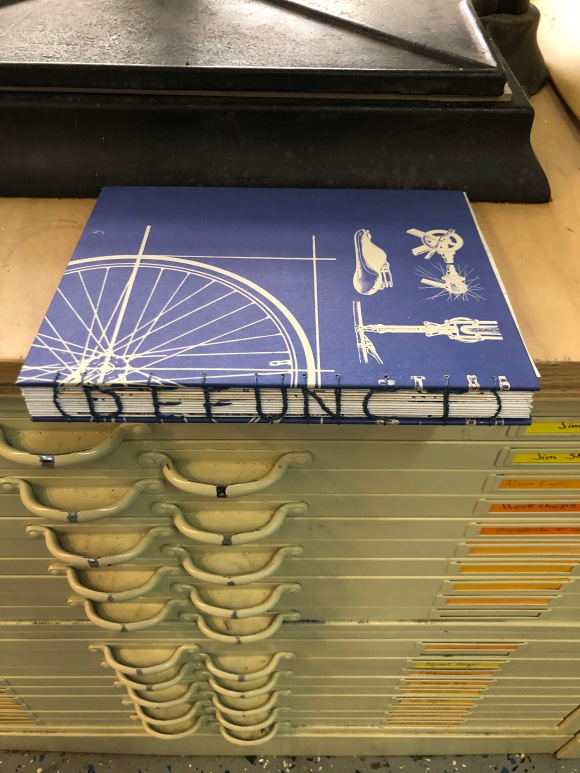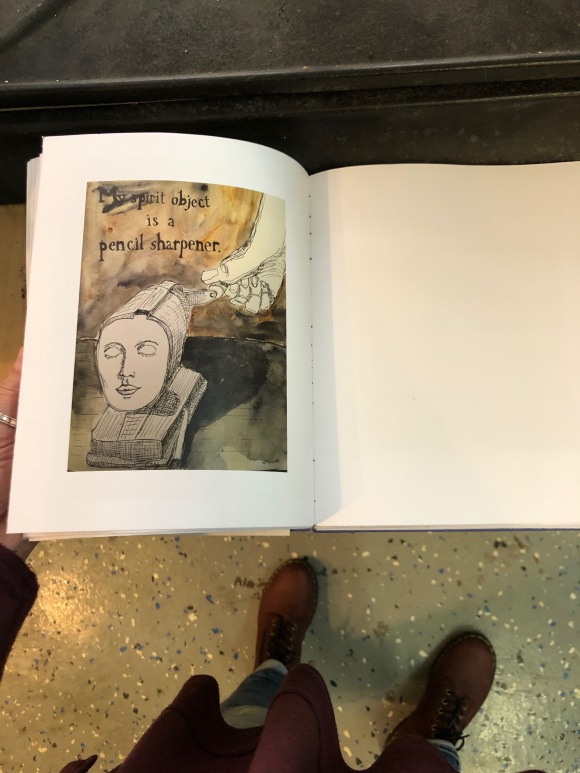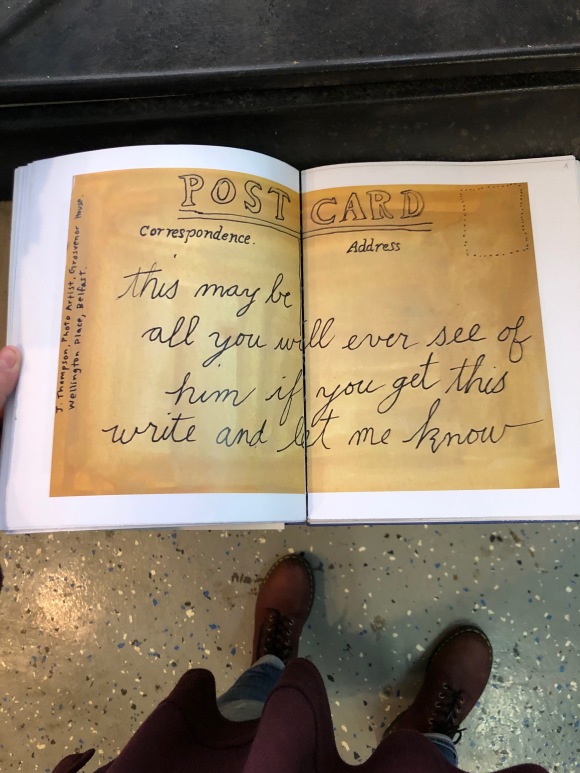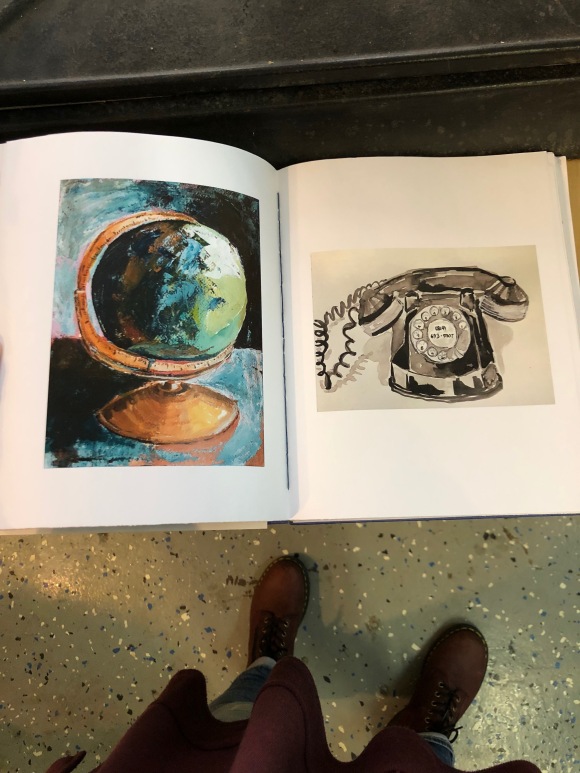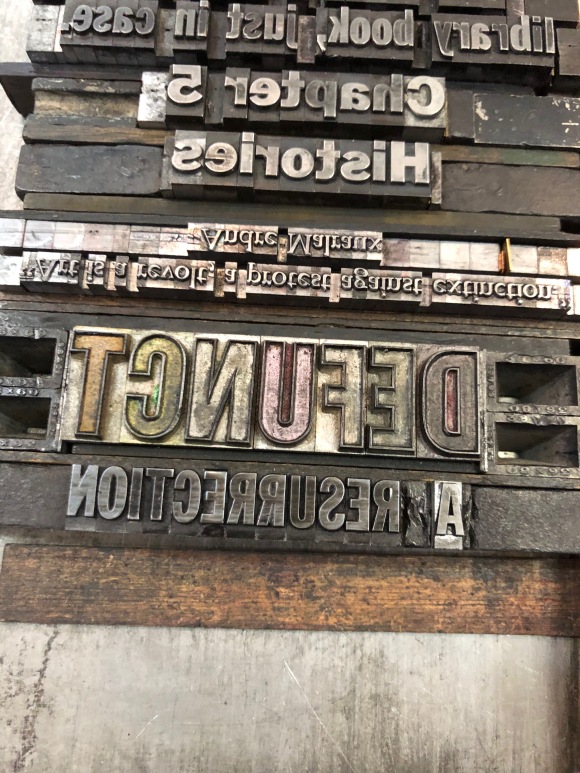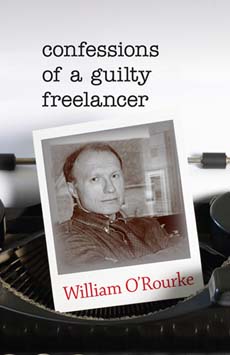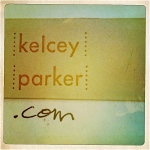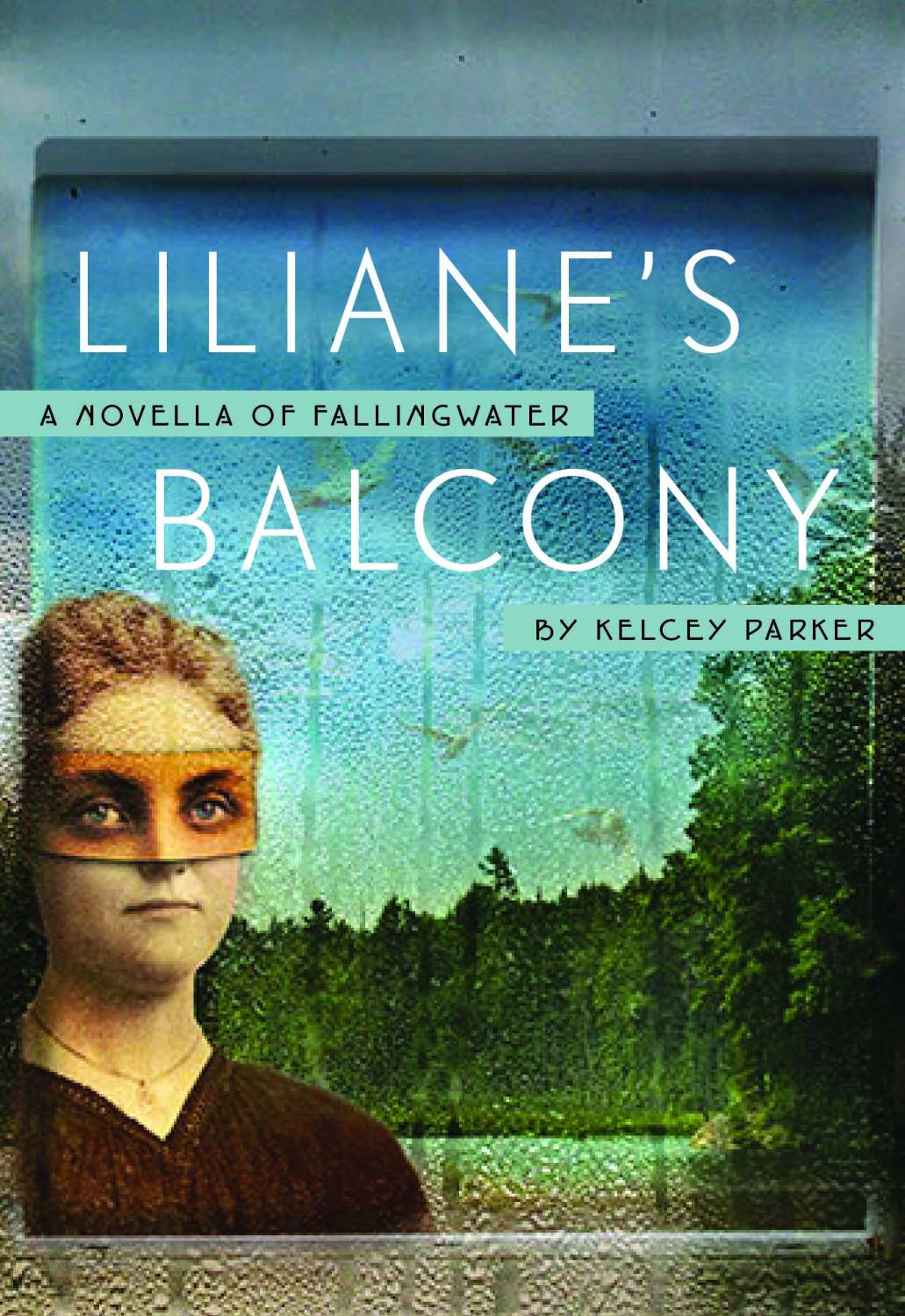I started out by writing fantasy and science fiction
(two genres which I still love, but no longer write in), and ended up writing a memoir, much to my surprise. . . There is, I gradually discovered, nothing so bizarre, grotesque, science-fictional or fantastic as reality.

Photo credit: (c)nickrphotography.com
Jonathan Taylor is author of the novel Entertaining Strangers (Salt, October 2012), and the memoir Take Me Home: Parkinson’s, My Father, Myself (Granta Books, 2007). His poetry collection, provisionally entitled Musicolepsy, will be published by Shoestring Press in early 2013, his short-story collection, Kontakte and Other Stories, by Roman Books in mid-2013. He is editor of the anthology Overheard: Stories to Read Aloud (Salt, November 2012). He is Senior Lecturer in Creative Writing at De Montfort University in the UK, and co-director of arts organisation and small publisher Crystal Clear Creators (www.crystalclearcreators.org.uk). He lives in Leicestershire in the UK with his wife, the poet Maria Taylor, and their twin daughters. His website is www.jonathanptaylor.co.uk.
 Read more by and about Jonathan:
Read more by and about Jonathan:
Novel: Entertaining Strangers
Memoir: Take Me Home
Poem: Black Hole in B-Flat
Edited Stories: Overheard
How Jonathan Taylor Became a Writer
This is the next installment in the How to Become a Writer interview series, which will post here at Ph.D. in Creative Writing every other Sunday (or so) until I run out of writers to interview, or until they stop saying yes. Each writer answers the same 5 questions. Thanks to Jonathan for saying yes!
1. Why did you want to become a writer?
Like so many writers, as a child, I loved books, especially old ‘important-looking’ books by ‘important-sounding’ people like Shakespeare and Dickens and someone called ‘Encyclopedia.’ I loved the look of them, the feel of them, the smell of them. I just couldn’t read them. They were mysterious, alien hieroglyphics to me, because – unlike my clever elder siblings – I couldn’t read until relatively late, and was seen as the ‘backward’ one (my father’s term, not mine). I was a slow learner (still am, in many ways) and couldn’t read or write till I was seven or eight – and this made reading and writing seem all the more strange, desirable, fascinating, like a secret code.
 When I did finally crack the code (with Dr. Seuss’s Green Eggs and Ham), I retained that early sense of strangeness and fascination with, but also, and crucially, alienation from, the written word. I’ve since come to believe that most writers are, in some ways, alienated from the written word, and it this sense of alienation that makes people want to write. Of course, the commonsensical view is precisely the opposite: that writers are people who have some kind of innate facility with language, people for whom language comes easily. I don’t think this is true; and nor did Thomas Mann, who famously claimed that: ‘A writer is someone for whom writing is more difficult than it is for other people.’ This is why, I think, so many writers are dyslexic, and also why so many writers stand outside, or at an angle to the dominant language in some way – as in, for example, the many successful authors who write in a second language, or from a post-colonial perspective. To write well, a writer needs to have an uncomfortable relationship with language, and especially written language. By contrast, those entirely inside the dominant language, those for whom language comes all too easily, often don’t make good writers, but rather slick politicians or bargain-basement journalists.
When I did finally crack the code (with Dr. Seuss’s Green Eggs and Ham), I retained that early sense of strangeness and fascination with, but also, and crucially, alienation from, the written word. I’ve since come to believe that most writers are, in some ways, alienated from the written word, and it this sense of alienation that makes people want to write. Of course, the commonsensical view is precisely the opposite: that writers are people who have some kind of innate facility with language, people for whom language comes easily. I don’t think this is true; and nor did Thomas Mann, who famously claimed that: ‘A writer is someone for whom writing is more difficult than it is for other people.’ This is why, I think, so many writers are dyslexic, and also why so many writers stand outside, or at an angle to the dominant language in some way – as in, for example, the many successful authors who write in a second language, or from a post-colonial perspective. To write well, a writer needs to have an uncomfortable relationship with language, and especially written language. By contrast, those entirely inside the dominant language, those for whom language comes all too easily, often don’t make good writers, but rather slick politicians or bargain-basement journalists.
2. How did you go about becoming a writer?
I wrote, and I wrote a huge amount, over many years – including poems, stories, scripts, even two novels by the time I was eighteen. Of course, it was all unpublishable and, by common standards, rubbish. I carried on writing huge amounts of unpublishable material into my early twenties, and then gradually started getting a few stories published here and there – but it was slow progress. I think I suffered from ludicrous levels of perseverance, to the point of absurdity, and just carried on, even though I was continually being rejected. And gradually, over years, the writing did improve, bit by bit. A couple of university Creative Writing courses which I took helped, as did my Ph.D. Although it was an academic, literary-critical Ph.D., my supervisor, the critic and novelist John Schad, was incredibly patient and taught me (rather belatedly) how to write a decent sentence.
For all of these reasons, I firmly believe that writing is a learnt process, and hence can be taught. People who claim otherwise, who say that writing is an innate, natural talent, are guilty of an unwitting élitism – they are saying some people have it, some don’t, and there’s nothing you can do about it. I do not believe that at all – after all, what’s so ‘natural’ about writing? No: writing is primarily a matter of nurture, and this makes it a democratic art which anyone can learn. This was certainly the case for me – I learnt how to write (and am still, of course, learning) over years through sheer persistence, as I say, to the point of absurdity, or at least O.C.D.
 Incidentally, the process of becoming a writer, of learning how to write, was also a process of turning inwards. In that way, my writing follows a similar trajectory to Garp in John Irving’s bizarre but wonderful novel, The World According to Garp, whereby Garp’s writing starts as pseudo-fantasy and ends up all-too-close to horrific and grotesque reality. The implication of the novel is that this journey from imaginative pseudo-fantasy to pseudo-memoir is degenerative, and the quality of Garp’s writing suffers for it. For me, this was the opposite: I started out by writing fantasy and science fiction (two genres which I still love, but no longer write in), and ended up writing a memoir, much to my surprise. It wasn’t a genre I’d ever considered, but ‘reality’ (whatever that is) took over – reality crept up on me, and gradually infiltrated my writing. There is, I gradually discovered, nothing so bizarre, grotesque, science-fictional or fantastic as reality. And I’ve continued drawing from ‘reality’ in the poetry and novels I’ve written since 2007 and the publication of the memoir.
Incidentally, the process of becoming a writer, of learning how to write, was also a process of turning inwards. In that way, my writing follows a similar trajectory to Garp in John Irving’s bizarre but wonderful novel, The World According to Garp, whereby Garp’s writing starts as pseudo-fantasy and ends up all-too-close to horrific and grotesque reality. The implication of the novel is that this journey from imaginative pseudo-fantasy to pseudo-memoir is degenerative, and the quality of Garp’s writing suffers for it. For me, this was the opposite: I started out by writing fantasy and science fiction (two genres which I still love, but no longer write in), and ended up writing a memoir, much to my surprise. It wasn’t a genre I’d ever considered, but ‘reality’ (whatever that is) took over – reality crept up on me, and gradually infiltrated my writing. There is, I gradually discovered, nothing so bizarre, grotesque, science-fictional or fantastic as reality. And I’ve continued drawing from ‘reality’ in the poetry and novels I’ve written since 2007 and the publication of the memoir.
 3. Who helped you along the way, and how?
3. Who helped you along the way, and how?
Well, as I say, I was lucky with some of my mentors, including John Schad and, further back, the wonderful poet David Morley. In their different ways, they both made me realise the centrality of style in writing. Before then, I’d always had plenty of ideas and plots – these had never been a problem – but I’d thought of style as merely the vehicle for those ideas and plots. In fact, having taught Creative Writing for many years now, I think that’s a common assumption among budding writers, that style is somehow secondary to content. Most people start university courses thinking that they can write sentences, that style is not a problem: they learnt ‘how to read and write’ at primary school, and are now looking for something more sophisticated – inspiration, perhaps, the key to success, perhaps. But there is nothing more sophisticated than style. There is nothing more important, and learning ‘how to read and write’ never ends; good writers are always learning how to do these strange and infinitely-intricate things. Nowadays, I believe the reverse of the notion that style is secondary to content; nowadays, I believe that you can write about almost anything, just as long as the writing itself is elegant, engaging, new.
Many others helped my writing style along the way: my wife, Maria Taylor, who’s a poet and also an honest critic, for one. It’s crucial, obviously, to have someone who’ll read your work and give an honest reaction – but this also needs to be someone whose opinion matters to you, whose opinion you respect. I’ve been lucky in that regard, in that I’ve also come across some excellent editors, who changed my work, radically improved it. I firmly believe in the role of the editor, and in incisive and interventionist editing: a writer’s work can always be made better, and a writer should not be precious about their own work. Ian Jack, who was my editor at Granta, persuaded me to make massive cuts in the original draft of my memoir (and we are talking massive); and he also went through the book with me sentence by sentence. That kind of old-fashioned editing, which isn’t as readily available as it used to be, the publishing industry being what it is, made the book infinitely better. Of course, it means that books like mine are really collaborations. Most books are.

Frederick Douglass [image from Wikipedia]
4. Can you tell me about a writer or artist whose biography inspires you?
Bourgeois, capitalist culture maintains the illusion that writing and art in general are superstructural decorations, comforts, frills, add-ons to civilisation. The writers and musicians who inspire me, though, undermine or even destroy this illusion, demonstrating how writing and art might matter, if only on a local or personal scale. The writers, musicians and artists who inspire me create from some kind of imperative. There are a whole spectrum of such imperatives: at one end of the spectrum are those whose art really is a matter of life and death, such as, in their very different ways, Frederick Douglass, Dimitri Shostakovich, Alfred Schnittke, Primo Levi, Alma Rosé; at another place on the spectrum are those artists who create out of a social or political imperative, such as Dickens, Carlyle, Orwell, Salman Rushdie, Jonathan Coe, W. G. Sebald, Blake Morrison; at another point in the spectrum are those artists who create out of a personal or emotional imperative, such as Mahler, Tchaikovsky, Poe, Larkin and Blake Morrison again. There has to be some kind of imperative – however small-scale, personal or local – for writing, storytelling, poetry, art, music to mean anything. Obviously, most of us do not (thank God) live in Douglass’s, Shostakovich’s or Levi’s world, where we are creating art on the edges of existence; but there are other kinds of imperative behind writing as well as life-and-death. Terror, horror, fantasy, evil, love, illness, grief and disaster exist in everyone’s lives, whether they live in mid-twentieth-century Russia, or, in very different ways, provincial suburbia – and these are the kinds of emotional imperatives which create good writing. They don’t necessarily make easy, comfortable or pleasant living – but that’s a different matter. Being a writer isn’t about living a pleasant life, or positive thinking. The point is that, as a writer, you have to find your subject, your imperative – it has to be important, if only in a personal way. It can’t just be ‘frills’ or X-Factor rubbish.
 I first found my own imperative for writing in my father’s illness, and my experience of caring for him – and since then in other subjects similarly close to home. Or, rather, I found my own imperative after my father’s illness, for writing is often retrospective, a bearing witness in hindsight: whilst the initiating experience or trauma is actually taking place, it is often difficult to write, or write well about a subject. It is only after something has finished that one gains a perspective on it, a sense of the overall narrative. That’s why most spontaneous love poetry is trash, and it’s also why many memoirs are written about people who are dead.
I first found my own imperative for writing in my father’s illness, and my experience of caring for him – and since then in other subjects similarly close to home. Or, rather, I found my own imperative after my father’s illness, for writing is often retrospective, a bearing witness in hindsight: whilst the initiating experience or trauma is actually taking place, it is often difficult to write, or write well about a subject. It is only after something has finished that one gains a perspective on it, a sense of the overall narrative. That’s why most spontaneous love poetry is trash, and it’s also why many memoirs are written about people who are dead.
5. What would you say in a short letter to an aspiring writer?
Well, firstly I’d make myself hugely unpopular by saying that you’ve got to learn how to structure sentences, how to punctuate, paragraph, spell, use apostrophes. You’ve got to learn your grammar. There are no excuses: there are plenty of books out there about it. If you can’t be bothered to learn the basics of your own craft, then why should anyone bother to read your work? You’ve got to care about the mechanical aspects of your craft, because these absolutely determine how successful a piece of work is. A good poet knows this: that the placing of every single comma is of fundamental importance. Unfortunately, the novelist also has to care about the placing of every single comma, even though he or she is writing on a much bigger canvas. In that sense, writing is an incurable form of obsessive-compulsive disorder, whereby good writers will endlessly agonise over tiny details. If you can write a sentence, get the punctuation right, put apostrophes in the correct places, and so on, you’ll instantly raise yourself above about 90% of other people submitting to magazines or publishers. There’s no mystery to writing – or, at least, I don’t think there is. It’s a matter of mechanics. Inspiration, genius, talent, all of these things may or may not exist; but what is clear is that they’re of no value whatsoever unless the writer can actually string a sentence together.
And you don’t just learn these things and then apply them: learning how to write a good sentence is an everlasting process. It’s something writers are doing all the time, just as writers are continually making the same stylistic mistakes at all points in their careers. Learning the basics of the craft is a never-ending process, and, like all learning, it’s as much circular as it is linear. In a sense, all writing is a starting from the beginning: there is no such thing as an ‘advanced’ writing class, because writers are always making the same mistakes and learning from them. So there’s another piece of advice: don’t expect a linear career or professional trajectory, don’t expect to get better and better and finally die lauded and great, expect circles, ellipses, fractals rather than the straight (and dull) lines of progress.
Oh, and the last thing I’d say in a letter to an aspiring writer: don’t feel you have to believe anything I say. It’s your job as a writer, in fact, to disbelieve, mistrust, interrogate, question and dissect everything anyone says or writes, including me.
